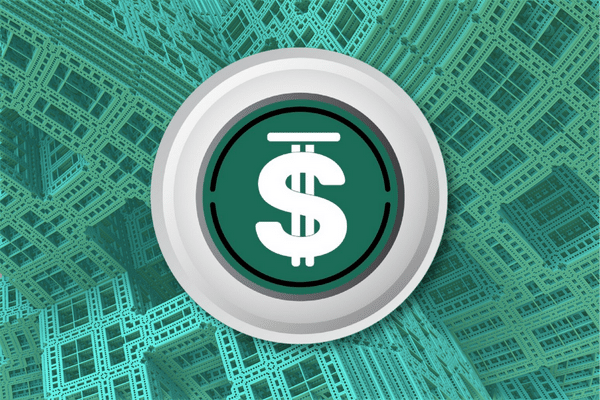
India’s regulatory stance towards the digital assets market is murky at best. On one hand, India’s Supreme Court overturned the Reserve Bank of India’s (RBI) ban which denied crypto businesses access to legal financial services, but regulatory proposals so far have reflected anti-crypto sentiments on the part of the government. In the midst of this uncertainty, India is reportedly considering imposing a 18% tax levy on Bitcoin earnings, according to the Times of India.
The Central Economic Intelligence Bureau (CEIB), which is a part of the finance ministry in India, submitted the proposal to the Central Board of Indirect Taxes & Customs (CBIC), which would see Bitcoin being classified as an ‘intangible asset’, which would allow tax to be charged on the profit traders make when they trade.
Digital assets are not fully regulated in India at present as the government has not yet provided clear stipulations and rules to govern the crypto industry. For instance, while the Supreme Court has lifted RBI’s ban which technically allows all banks in the country to take on crypto customers and clients, crypto firms still find it challenging to obtain the financial services they require from banks. A few months back, India was also considering imposing a nationwide crypto ban, which would make owning and trading digital assets illegal and punishable in India.
In the midst of regulatory uncertainty, however, crypto businesses are still moving full steam ahead until such a time regulations are confirmed and set in stone. India’s largest cryptocurrency exchange CoinDCX has been steadily accumulating funds in plans for its expansion this year, and Binance-owned WazirX has not been sitting idle either. India-based crypto banking platform Cashaa has also been making headway in its goal of making crypto readily accessible at physical banks in India.


